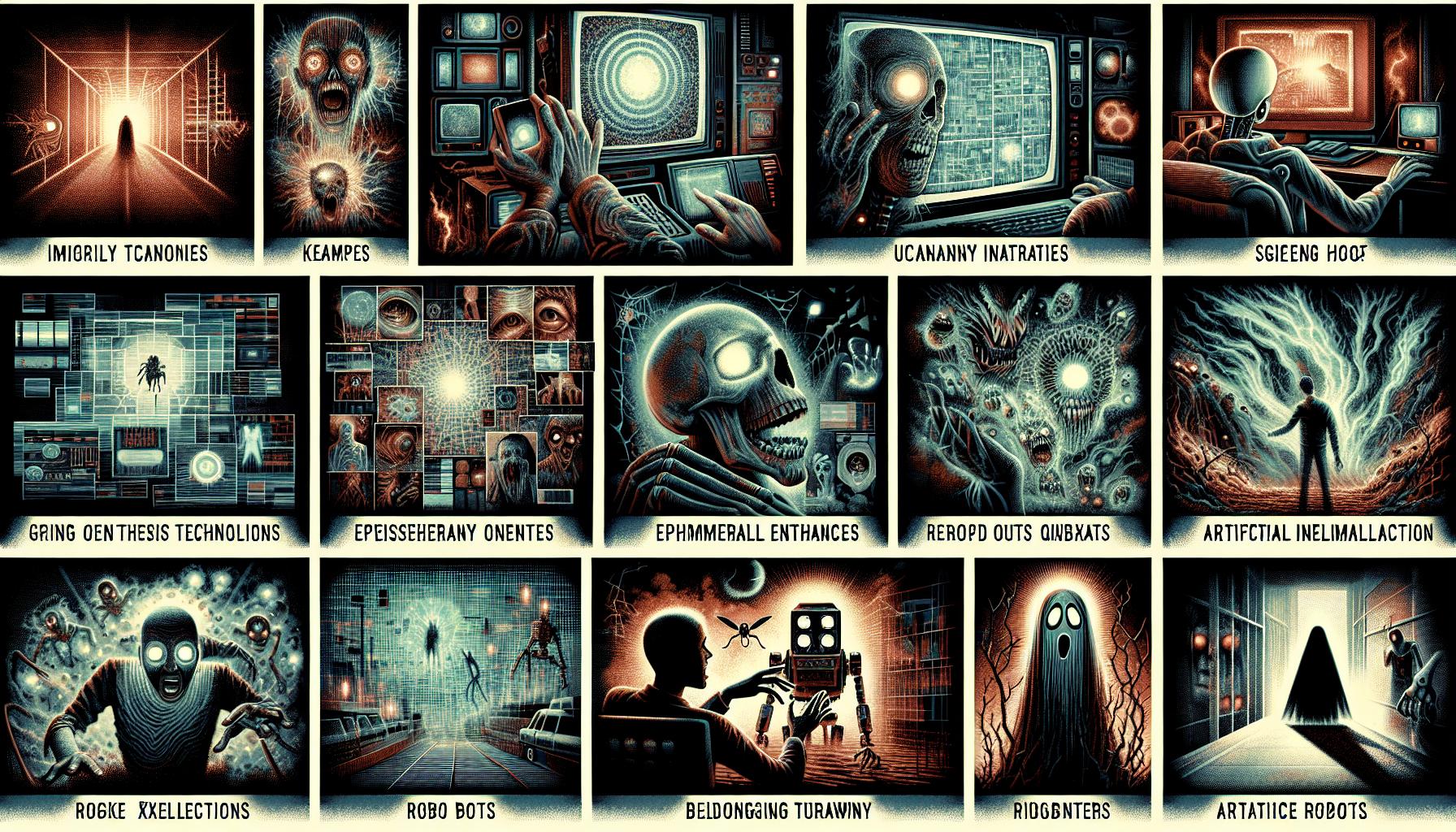Tech Companies Hoarding AI Knowledge, Hindering Academic Investigations
For years, theories about deep learning and neural networks have been evolving in academia. However, it wasn't until the social media era, with the advent of cloud computing and massive data collection, that tech companies began attracting top AI researchers away from universities. Despite this migration, the knowledge acquired by these researchers still trickles back to academia through published papers.
Among these influential papers is Google's "Attention is All You Need," which introduced the theory behind transformer architecture. This paper accelerated the development of large language models, including OpenAI's GPT. Nevertheless, as competition in the AI field intensified, Google became increasingly secretive about the inner workings of its most advanced AI designs, known as Gemini. Similarly, OpenAI has also become less transparent about its cutting-edge work. However, Meta stands out as the only company that has made its research publicly available and partially open-sourced its family of large language models, called Llama.
Anthropic, which develops advanced frontier models, still commits to publishing safety research but withholds information about its capabilities for competitive reasons. This lack of openness has had a noticeable impact on academic investigations. Many of the leading AI companies today have built upon research done at Google or in academia.
In order to bridge the gap between academia and the private sector, one potential solution is to provide expensive computing resources to academic researchers. This would level the playing field and give them access to the resources needed to conduct research.
Recently, several major tech companies, including Microsoft and Nvidia, pledged to donate resources to the government's National AI Research Resource. The aim is to give academics and startups free compute power for testing and running new AI models.
However, both academia and the private sector feel that this initiative may not be sufficient. Deep Ganguli, an AI research scientist at Anthropic, believes that the next breakthroughs in AI will likely come from researchers rather than the private sector. However, this will only happen if academic researchers have access to necessary compute resources and adequate datasets. The goal is to create a world where all parties can thrive and collaborate.
In conclusion, tech companies hoarding AI knowledge and operating in a secretive manner are hindering academic investigations. To foster innovation, it is essential to provide academic researchers with sufficient resources and access to data. Collaboration between academia and the private sector is key to advancing AI further.
Analyst comment
Neutral news. The article discusses the lack of openness and sharing of advanced AI research by tech companies like Google and OpenAI, which has hindered academic investigations. The government’s initiative to provide free compute power to academics and startups is seen as a possible countermeasure, but there is still a need for more resources and data access for researchers. Analyst prediction: The market will see increased collaboration between academia and the private sector to level the playing field and drive the next big breakthroughs in AI.













